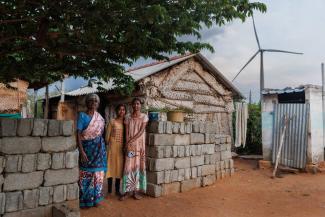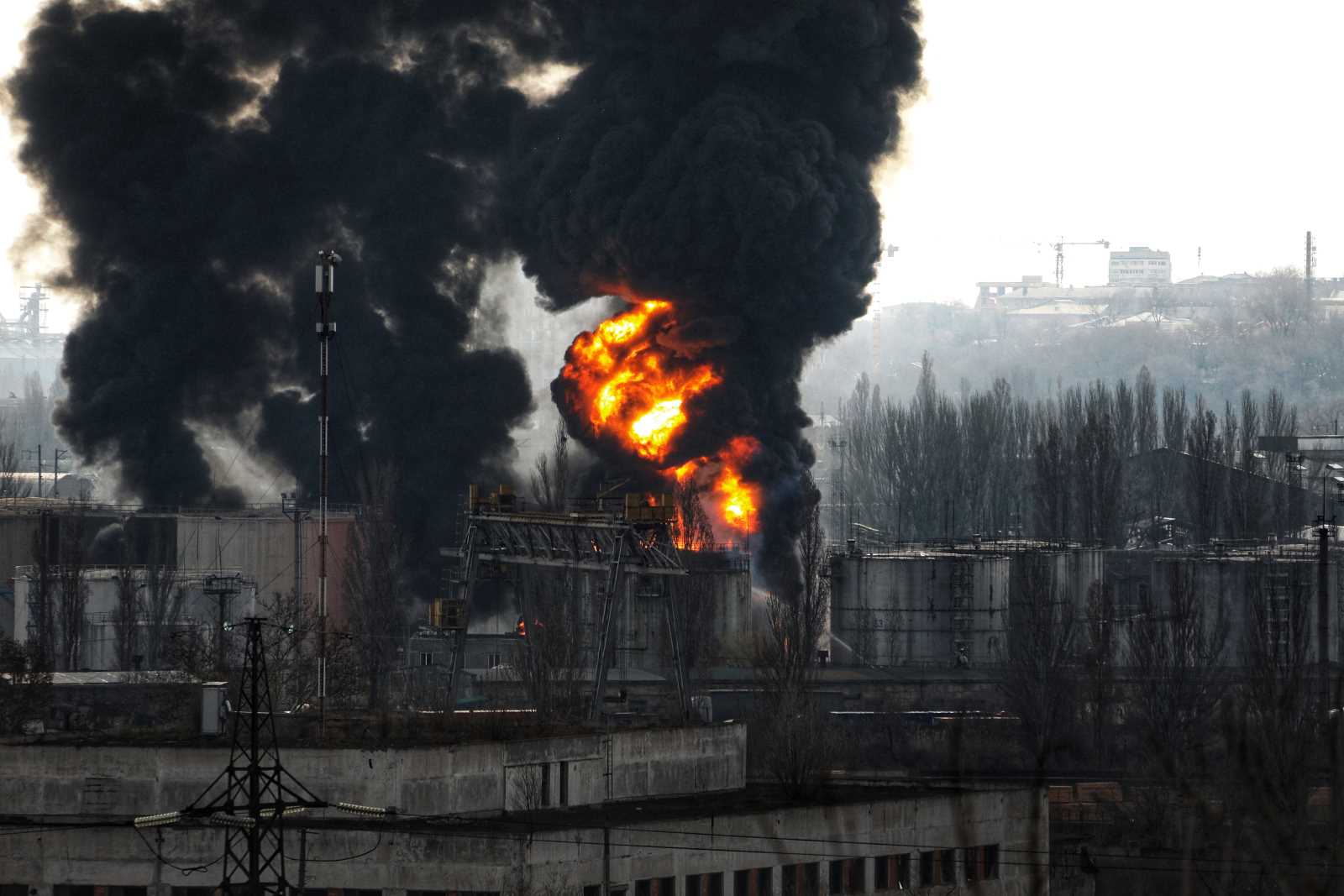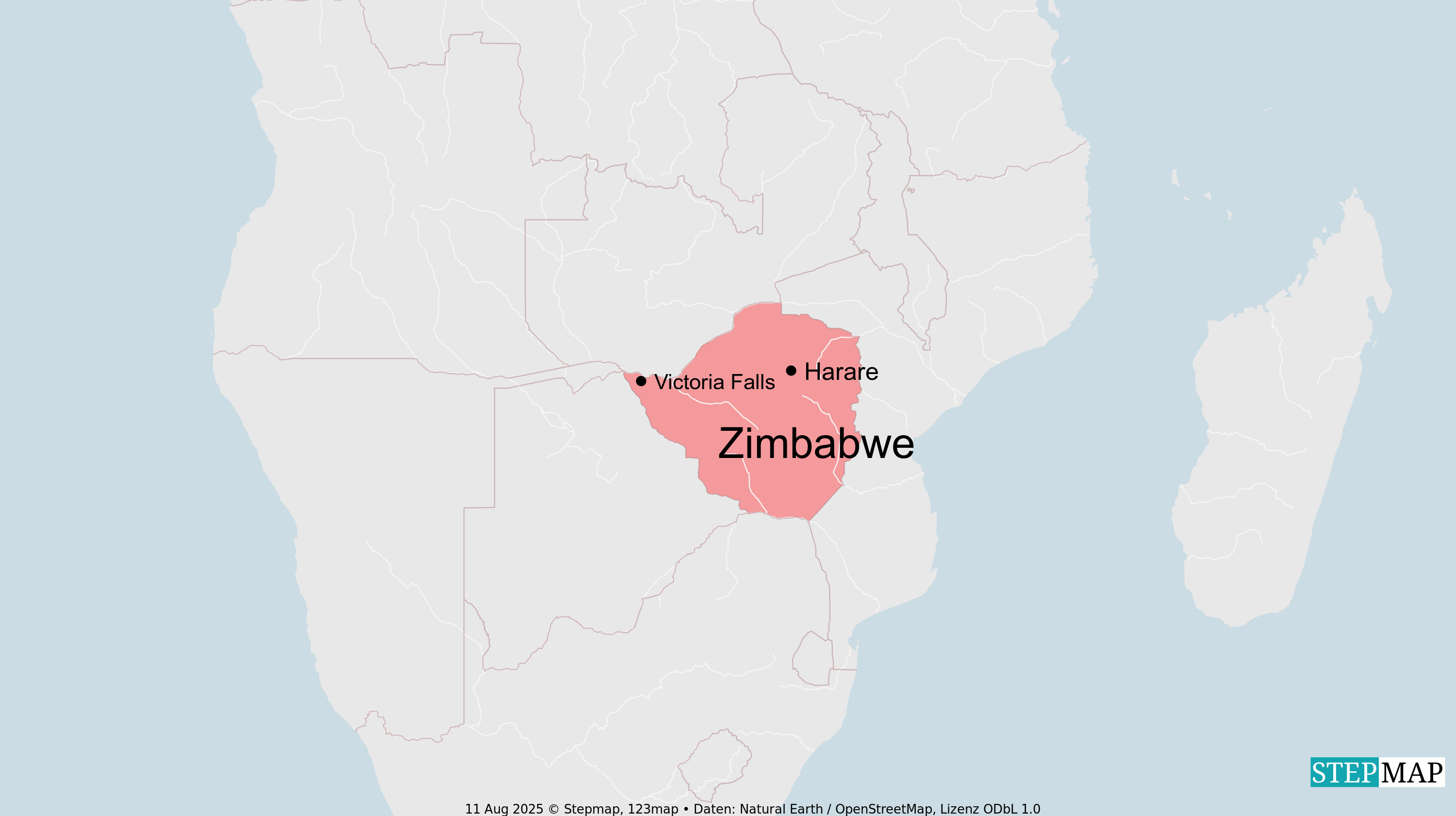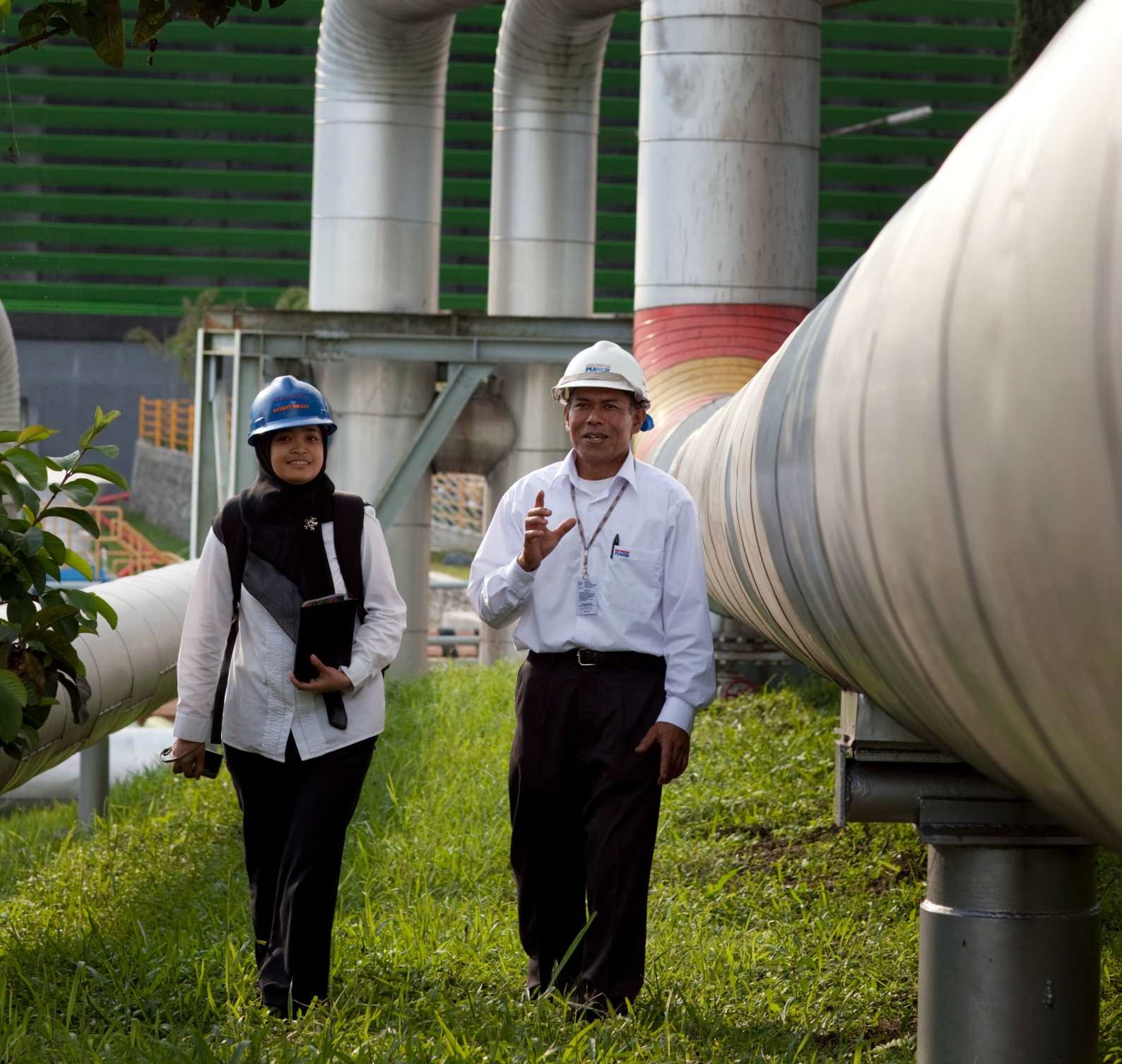KfW
Rapid further expansion of renewable energy

Russia’s invasion of Ukraine and its consequences have made it quite clear to us in Europe how important it is to have a reliable supply of energy and how alarming it can be when energy is not available in the usual quantities. This is the norm in many developing countries, however. Nearly a billion people still have no access to energy. The countries are therefore trying to build up their production capacities, relying increasingly on renewable rather than fossil energy sources. The IEA’s forecasts confirm that a shift in mindset is beginning to take place. It believes that 2024 could see even more global growth, with the amount of additional renewable energy capacity increasing from 440 to 550 gigawatts in just one year.
What was still just a tentative shift two decades ago has now become an irreversible global trend. The benefits offered by renewables are unrivalled: they are environmentally friendly, locally available and now even competitive in terms of price – not to mention their independence from energy imports in an increasingly volatile geopolitical environment. In all parts of the world, it has become impossible to imagine life without renewable energy.
At KfW we have been supporting this worldwide transformation for many years. We resolved early on to kick-start and accelerate a “global energy transition”, always giving due consideration to social justice and balance. The projects we support include the Olkaria geothermal power plant in Kenya and the Ouarzazate solar power complex in Morocco. Power grids in India, wind farms in the Balkans and solar panels on Brazilian football stadiums, among other examples, also bear the KfW logo.
At present we are helping to bring Georgia closer to Turkey and the EU in terms of energy with new electric grids and substations so that the country can become less dependent on Russian energy. In South Africa we are funding the Just Energy Transition programme. Together with the international donor community, KfW is supporting the transition towards a sustainable supply of energy and making sure that the switch happens in a socially compatible manner. These are just two examples from a long list. And we are looking even further ahead – funding more future-oriented technologies such as green hydrogen as one way of helping to decarbonise industry; in Morocco, for example, by building a reference facility for the production of green hydrogen. This can be used as a basic chemical in fertiliser production and to manufacture green steel.
Developing countries often have great potential for renewable energies. This applies particularly, though not exclusively, to Africa, which some people are already calling the “green continent”. African countries now want to take increasing and targeted advantage of this potential, and drew up plans at Africa’s first climate summit in Kenya to become more sustainable and more independent. In future, Africa also wants to export the green energy that it doesn’t need to meet its own demand. We at KfW will continue to support this transformation process, accompanying Africa on its path to becoming a “renewable energy superpower” (UN Secretary- General António Guterres).
Christiane Laibach
Link
KfW: Shaping a sustainable and fair global energy transition.













